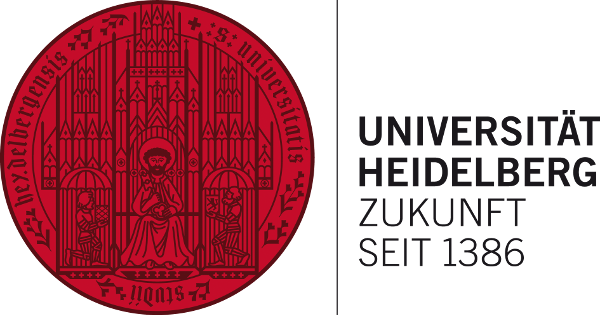Heidelberg University Expert Receives ERC Grant
For a research project exploring the history of fever, Prof. Dr Stefanie Gänger has been awarded valuable funding from the European Research Council (ERC), an ERC Consolidator Grant. Her ERC-funded project studies the prevalence and experience of fever in the Atlantic World from 1750 to 1840, the historic disease concept as well as contemporary explanations and remedies. Prof. Gänger’s teaching and research is based at Heidelberg University’s Department of History, where she is Professor of Modern History. For her interdisciplinary research she will receive funding totalling approx. 1.7 million euros for a period of five years.
Given that fever was a ubiquitous and fatal ailment for men and women around 1800, surprisingly little is known about it. In her ERC project titled “FEVER – Global Histories of (a) Disease, 1750-1840”, Stefanie Gänger will examine fever in societies within or tied to the Atlantic world, from the coastal region of southwestern Europe to western Africa and the southern Americas. In doing so, she pursues a global historical approach to histories of medicine, the body, and disease that move beyond European perspectives, with an emphasis on societal variations in disease concepts, remedies, and the susceptibility to certain ailments. The FEVER project is premised upon the wealth of the historian’s methodological repertoire – from histories of the body to sensory history – as well as published and archival sources from all over the Atlantic world. It also engages in an interdisciplinary dialogue with the medical and natural sciences. The research project was largely developed in the framework of her fellowship at Heidelberg University’s Marsilius Kolleg, where, in cooperation with parasitologists and biophysicists, Prof. Gänger explored “The Phenomenon of Fever”.
Stefanie Gänger studied history at the University of Augsburg, the Universidad de Sevilla (Spain), and the University of Cambridge (UK), where she obtained her PhD in 2011. She has taught at the universities of Berlin, Konstanz and Cologne; visiting fellowships and guest professorships have taken her to the Max Planck Institute for the History of Science in Berlin and the University of Pennsylvania (USA). This year, a stay at Sciences Po, the Institut d’études politiques de Paris in France, is planned. In 2019 Stefanie Gänger was appointed Professor of Modern History at Heidelberg University. She is also co-director of the Balzan-FRIAS Project “Rethinking Global History” based in Freiburg. In 2019 she was awarded the Heinz Maier-Leibnitz-Prize of the German Research Foundation, Germany’s most important award for early career researchers, for her interdisciplinary, global historical research approach. Professor Gänger’s work considers world and global history, the histories of science and knowledge, and medical and environmental histories.
With the ERC Consolidator Grant, the European Research Council reaches out to outstanding researchers whose own independent research is in a phase of consolidation. The central criterion for receiving the grant is scholarly excellence.

